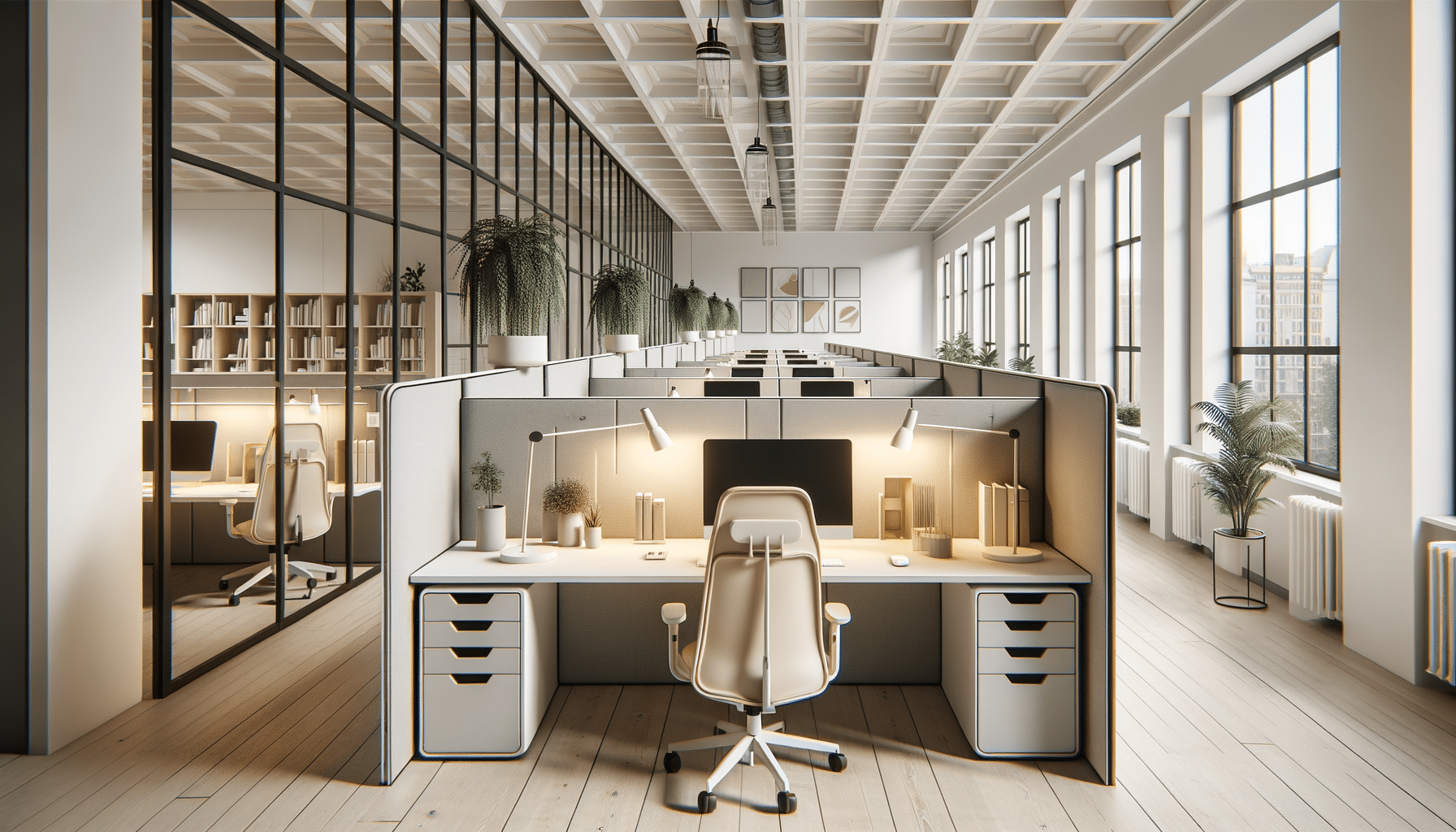
The Rise of Work Booths: Transforming Modern Workspaces
Introduction to Work Booths
In the evolving landscape of modern workspaces, the concept of work booths has emerged as a significant innovation. As open offices became prevalent, the need for private spaces within these environments became apparent. Work booths offer a solution by providing individuals with a secluded area to focus, take calls, or engage in video conferences without distractions. This article explores the growing relevance of work booths and their impact on productivity and workspace dynamics.
The Benefits of Work Booths
Work booths bring several advantages to the table. Firstly, they address the need for privacy in open office layouts. Employees can conduct confidential meetings or focus intensely on tasks without the usual office noise. Additionally, work booths are designed to be soundproof, which enhances concentration by minimizing auditory distractions. Furthermore, these booths often come equipped with ergonomic furniture and advanced technology, creating a comfortable and efficient working environment.
Some key benefits include:
- Enhanced privacy and confidentiality
- Reduced noise levels
- Improved concentration and productivity
- Flexible and adaptable workspace
Design and Features of Modern Work Booths
Modern work booths are designed with both aesthetics and functionality in mind. They often feature sleek, modern designs that complement contemporary office interiors. Many booths are modular, allowing companies to customize the size and configuration to fit their specific needs. Inside, they are typically equipped with power outlets, USB ports, and high-speed internet connectivity, ensuring that employees have all the necessary tools at their fingertips.
Moreover, the interior design focuses on comfort, with cushioned seating and adjustable lighting. Some advanced models even include air filtration systems and climate control, providing a personalized environment that can enhance employee well-being and productivity.
Implementing Work Booths in Various Industries
Work booths are not limited to traditional office environments. They are increasingly being adopted across various industries. In co-working spaces, they provide freelancers and remote workers with a private area to conduct business. In educational settings, work booths offer students a quiet place to study or participate in online classes. Retail environments have also begun to incorporate work booths, allowing shoppers to take a break or make private phone calls.
By catering to diverse needs, work booths have become a versatile addition to many different settings, enhancing the overall functionality and appeal of these spaces.
The Future of Work Booths
As the demand for flexible and adaptable work environments continues to grow, the future of work booths looks promising. Technological advancements are likely to lead to further innovations in booth design, making them even more efficient and user-friendly. The integration of virtual reality and AI could transform work booths into interactive and immersive workspaces.
Furthermore, as remote and hybrid work models become more prevalent, the need for private, on-demand workspaces will increase. Work booths provide a practical solution, offering employees the flexibility to work effectively from any location. In conclusion, work booths are set to play a pivotal role in the future of work, shaping how we approach productivity and workspace design.

